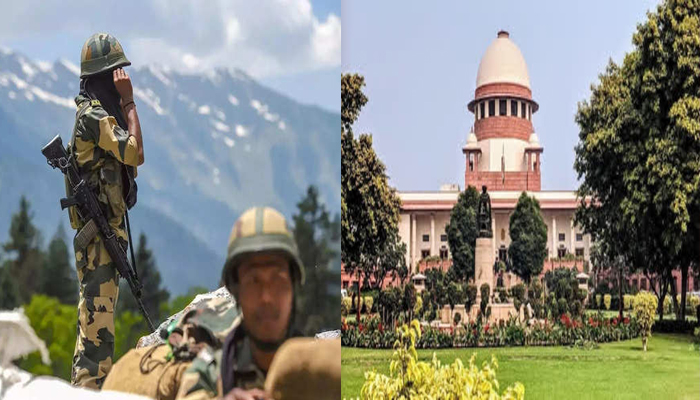
By Sahil Sharma: In a significant ruling on September 17, 2024, the Supreme Court concluded criminal proceedings against 30 Army personnel involved in a controversial operation in Nagaland’s Mon district that resulted in the deaths of 13 civilians in December 2021. The court’s decision, while closing the criminal case, has left the door open for potential prosecution if the Central government grants permission. The ruling does not prevent the Army from implementing any internal disciplinary actions against those involved.
This ruling comes in response to petitions filed by the wives of the accused, including a major, who argued that the Armed Forces Special Powers Act grants immunity to military personnel in conflict zones, necessitating prior sanction from the Central government for any legal action. Notably, the Centre had denied such a sanction back in April 2023.
In a related legal challenge, the Nagaland government has contested the denial of prosecution sanction, claiming substantial evidence against the personnel. This has prompted a response from a Supreme Court bench led by Chief Justice DY Chandrachud, addressing the state’s concerns that the Centre’s denial was arbitrary.
The tragic incident dates back to December 4, 2021, when an Indian Army team mistakenly fired on a pickup truck carrying miners in Oting village, resulting in the deaths of six civilians. Following the initial confusion, an additional eight civilians were killed amid subsequent violence. Initially, the Army claimed they targeted militants during an operation against the NSCN (K) faction. However, it was later confirmed that all thirteen victims were innocent civilians.
The Nagaland police had registered multiple cases against the Army personnel, naming 30 soldiers in a chargesheet filed in June 2022. The state’s Director General of Police, TJ Longkumer, stated that the operations team failed to adhere to standard procedures during the operation.
The Supreme Court’s decision and the ongoing legal proceedings highlight the complexities surrounding military operations in conflict zones and the pursuit of justice for the victims.
